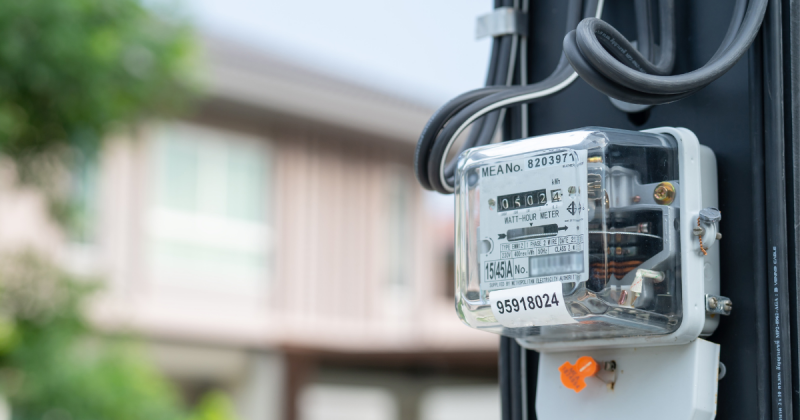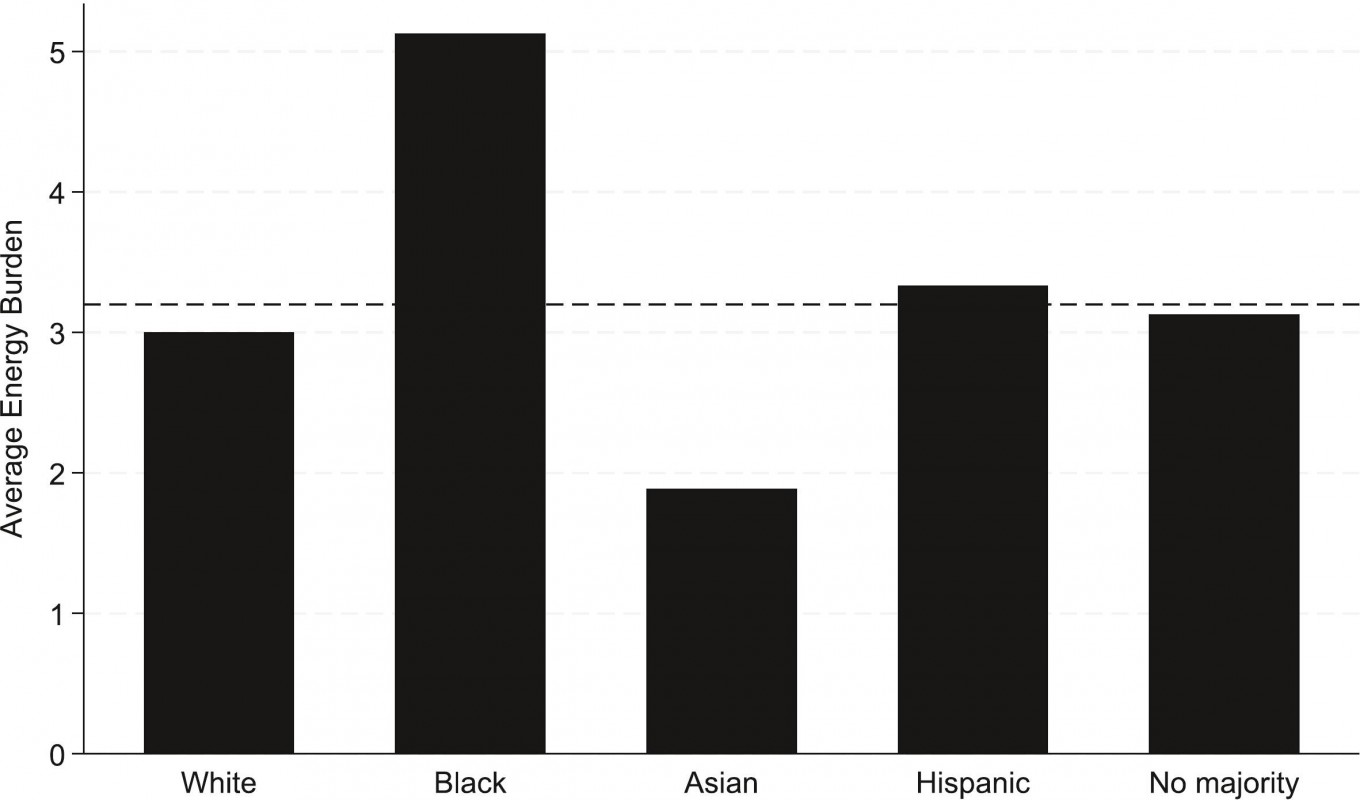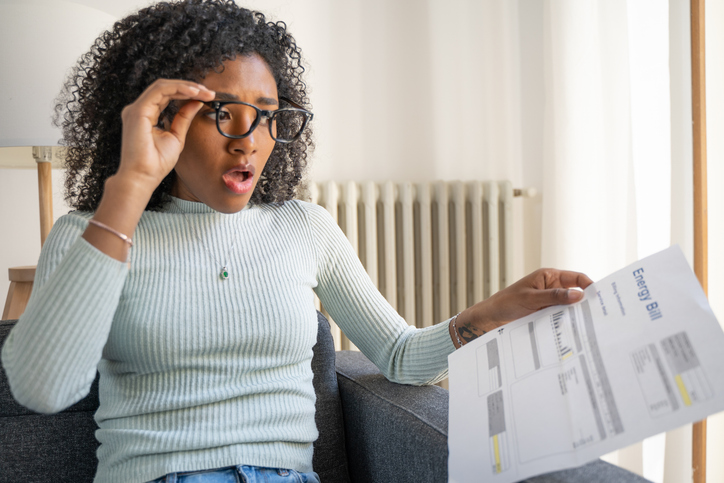
National study finds energy bills hit minority households the hardest - Binghamton News
A first-of-its-kind national study co-authored by Associate Professor George Homsy at Binghamton University reveals a stark reality: minority communities, namely Black Americans, are paying a disproportionately higher share of -

A figure from the new paper shows that households in majority African American majority census tracts pay an average of 5.1 % of their income for energy. Image Credit: George Homsy.
A first-of-its-kind national study co-authored by Associate Professor George Homsy at Binghamton University, State University of New York reveals a stark reality: minority communities, namely Black Americans, are paying a disproportionately higher share of their income to power their homes.
The study, published in Energy Research & Social Science, examined energy burden – the percentage of income spent by a household on things like heating, lighting, cooking, air conditioning, etc. – across 65,000 census tracts in America. Homsy directs Binghamton University’s Environmental Studies Program and is a member of the Department of Public Administration and Policy.
The average American household spends 3.2% of its income on energy. The new study, which examined data from the U.S. Department of Energy, revealed that, even when accounting for income, African Americans face a significantly larger average energy burden per household
Homsy points to older homes and higher rental rates as possible factors in these communities. Minorities are more likely to live in older homes, which tend to have higher energy burdens due to poor insulation, older appliances, etc. And because these homes are often rental units, the residents cannot make changes and take advantage of energy-saving upgrades. Thus, the issues only deepen.
“All of these things combine to put extra burden on African Americans – that’s the bottom line of the paper,” said Homsy.
Homsy pointed out that while some papers had looked at energy burden before, none had examined both race and income. An African American household might be earning a middle-class income, for example, but because of where they live, they might still face a higher energy burden.

New Study Finds Black Households Bear Higher Home Energy Costs Nationwide
A groundbreaking study led by Binghamton University has shed light on a long-overlooked inequity: Black Americans are spending a significantly greater share of their income on energy costs.
 newsone.com
newsone.com
Homsy attributes the elevated energy costs in part to the growing cost of rent nationwide and the prevalence of aging and inefficient housing. He explained that Black communities are more likely to live in older homes that need repairs, properties that often suffer from poor insulation, outdated appliances, and other maintenance issues that drive up energy use. Rental units are troublesome, too; tenants typically lack the authority to make improvements or install energy-efficient upgrades. As a result, the cycle continues, and the burden only grows heavier.
Some municipalities, however, are beginning to take action. In Burlington, Vermont, for example, the City Council unanimously passed an ordinance that went into effect on Jan. 1, 2022, setting minimum energy efficiency standards for rental properties. Among the new requirements: residential rental units must use less than 90,000 British thermal units (BTUs) per conditioned square foot annually for space heating—a move aimed at reducing energy waste and protecting tenants from excessive utility costs.
For Black homeowners, lawmakers statewide need to implement a yearly energy evaluation—also known as an energy audit or assessment—free of cost. The inspection would help to cut energy costs and evaluate exactly how a home uses energy and pinpoint where improvements can be made to boost efficiency.
According to the U.S. Department of Energy, a professional energy assessment may include a walk-through inspection, use of infrared cameras to detect heat loss, blower door tests to locate air leaks, and other diagnostic tools. Once completed, the evaluation should provide a clear, cost-effective plan to upgrade a home, targeting the areas with the greatest potential for savings.
So many factors go into creating a cycle in this country that keeps Black Americans struggling











